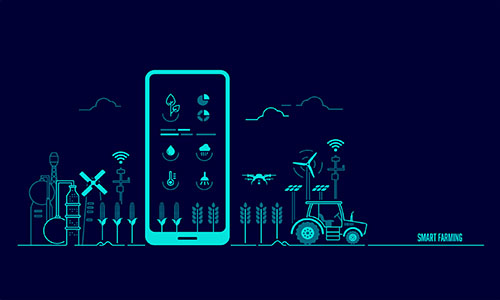Let’s discuss some potential developments in the real estate industry in the coming years:
- Increased adoption of technology: Technology is already transforming the real estate industry, and this trend is expected to continue. For example, virtual tours and 3D modeling are becoming more common, and blockchain technology is being used for property transactions. In addition, the use of artificial intelligence (AI) and machine learning algorithms can help investors and buyers make data-driven decisions.
- Focus on sustainability: With increased awareness of climate change and environmental issues, there is a growing interest in sustainable building practices and eco-friendly homes. This includes the use of green materials, energy-efficient appliances, and renewable energy sources like solar panels.
- Shift in urbanization: The COVID-19 pandemic has accelerated the trend of people moving away from densely populated urban areas and into suburban and rural areas. This could result in a shift in demand for different types of properties and could lead to changes in zoning regulations and development patterns.
- More flexible work arrangements: The pandemic has also led to more people working remotely, which could have a lasting impact on the real estate industry. If remote work becomes more common, it could lead to changes in demand for office space and could make it more important for homes to have designated workspaces.
- Continued growth of the rental market: The rental market has been growing steadily in recent years, and this trend is expected to continue. This could be due to a variety of factors, including rising home prices and changing attitudes toward homeownership.
Overall, the real estate industry is likely to continue to evolve and adapt to changing trends and technologies.










